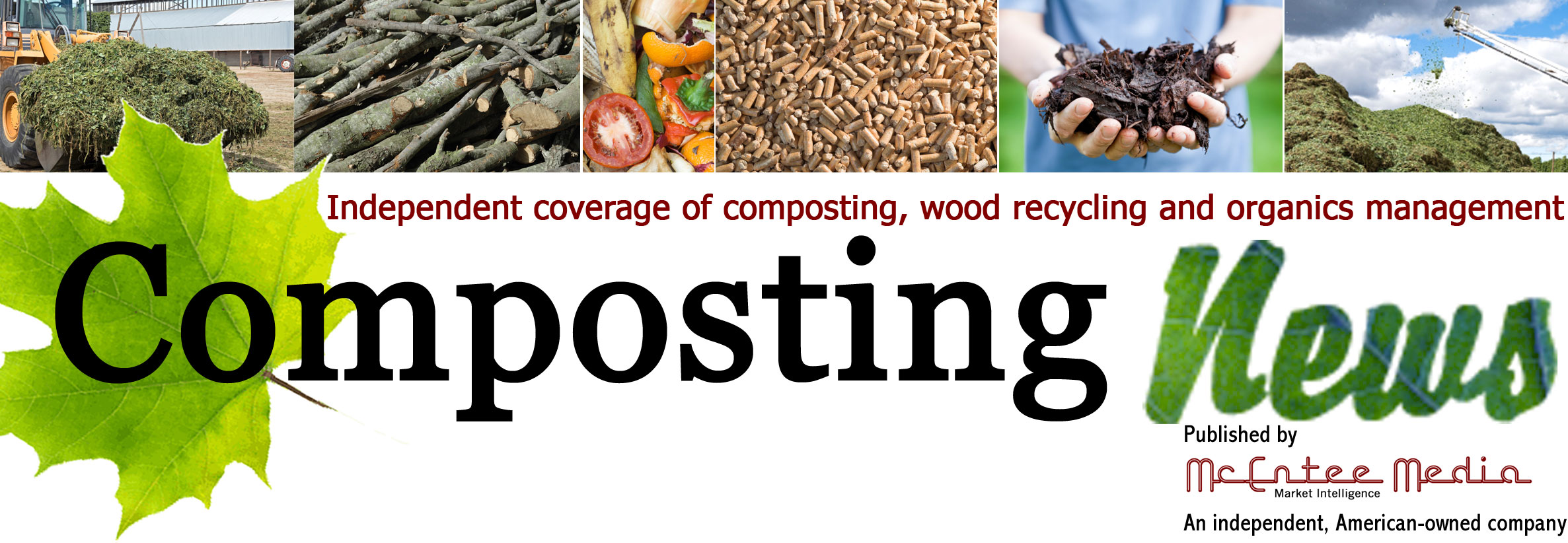The New York Stock Exchange this month withdrew its proposed rule change filed with the Securities and Exchange Commission to create a new class of publicly traded assets called natural asset companies (NACs). NYSE withdrew its proposed rule on January 17, a week after attorneys general for 25 states filed public comments to SEC opposing the proposed rule.
“I ardently commend the NYSE for withdrawing this ill-advised and illegal rule change and listening to the concerns of this coalition of 25 attorneys general regarding the dangers of [NACs],” said Utah Attorney General Sean Reyes, who co-wrote the letter of opposition with Kansas Attorney General Kris Kobach. “This is a resounding win for our states and our constituents as we protect access to multiple legal, productive and responsible uses of our lands and other natural resources. As [attorneys general], we will continue to defend our state lands, liberties and people against unreasonable and unlawful activist ESG [environmental, social and governance] actions that attempt to circumvent Congress and subject the American people to a radical political agenda.”
NACs are a newly created class of publicly traded assets jointly developed by the NYSE and the Intrinsic Exchange Group (IEG), a Charlottesville, Virginia-based firm founded by entrepreneur and environmentalist Douglas Eger with funding from the IDB Lab and Inter-American Development Bank, Washington, D.C.; the Rockefeller Foundation, New York; and Aberdare Ventures and Entertaining Ideas, San Francisco.
NACs are “sustainable enterprises that hold the rights to ecosystem services produced by natural, working or hybrid lands,” NYSE and IEG said while introducing the new class of assets in September 2021.
They said that on a global basis, natural assets produce an estimated $125 trillion annually in ecosystem services, such as carbon sequestration, biodiversity and clean water. The formidable output underscores the financial potential of an asset class that is wholly based on environmental investment.
“This new asset class on the NYSE will create a virtuous cycle of investment in nature that will help finance sustainable development for communities, companies and countries,” Eger said. “Together, IEG and the NYSE will enable investors to access nature’s store of wealth and transform our industrial economy into one that is more equitable.”
The financial value created by NACs would be determined fully by an accounting framework that measures ecological performance. NYSE said it would develop and seek SEC approval for unique listing requirements tailored to NACs and incorporating IEG’s accounting methodology. IEG and the NYSE would then begin working with the first NACs to help prepare them for listing and trading as publicly held entities on the NYSE.
SEC issued a proposed rule to approve the creation NACs on October 4, 2023.
According to the proposed rule, “NACs would be corporations that hold the rights to the ecological performance produced by natural or working areas, such as national reserves or large-scale farmlands, and have the authority to manage the areas for conservation, restoration or sustainable management. The exchange states that these rights could be licensed like other rights, including ‘run with the land’ rights such as mineral rights, water rights or air rights, and that NACs would be expected to license these rights from sovereign nations or private landowners.”
The attorneys general commented that the proposed rule change runs contrary to the very purpose of the SEC “because it is designed to facilitate another agency’s unlawful activity.”
“If it approves the NYSE’s proposal, [SEC] will have effectively enabled the NYSE, the most well-known and influential stock exchange on earth, to authorize the existence of entities that could ultimately be used to subordinate the interests of millions of Americans to the aims of environmental activists as well as to United Nations policies and mandates. This would violate the text and purposes of federal securities laws, the Administrative Procedure Act and the U.S. Constitution. The proposed rule plainly is intended to serve as the funding mechanism for the Bureau of Land Management’s (BLM) recent proposed rule, ‘Conservation and Landscape Health,’ which would authorize BLM to grant ‘conservation leases’ for public lands. Such leases would be ‘for the purpose of ensuring ecosystem resilience through protecting, managing, or restoring natural environments, cultural or historic resources and ecological communities, including species and their habitats.” The BLM rule provides that ‘once the BLM has issued a conservation lease, the BLM shall not authorize any other uses of the leased lands that are inconsistent with the authorized conservation use.’ This means that once BLM issues a conservation lease, productive economic uses such as grazing, logging or mining will no longer be allowed unless they are ‘consistent’ with the lease’s environmental purposes.”
Follow us on social media:

Be the first to comment on "NYSE withdraws natural asset companies proposal"